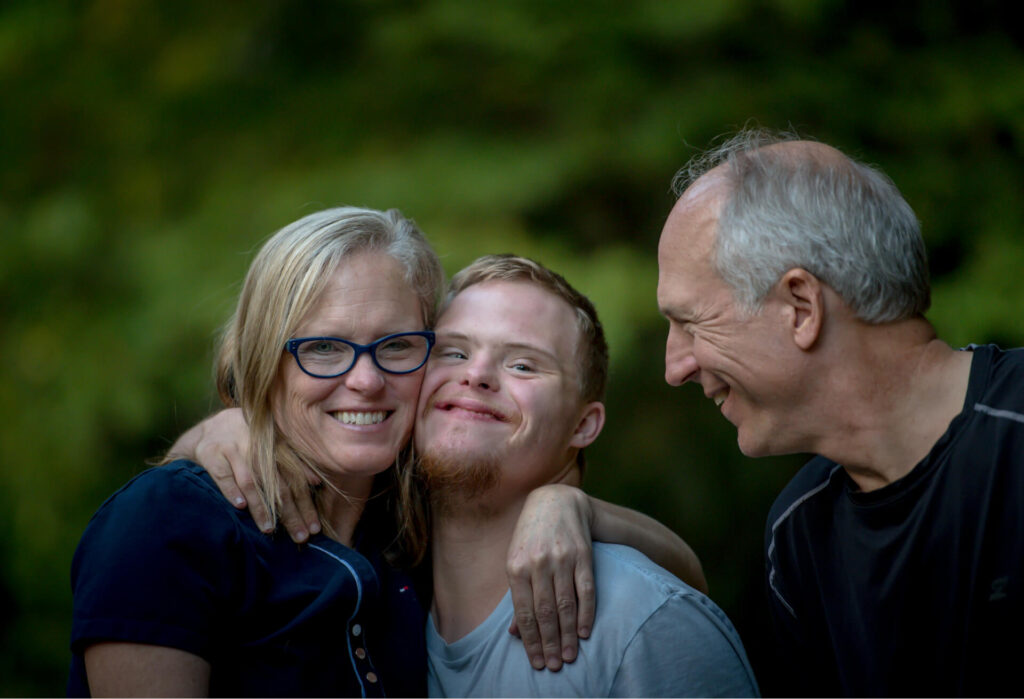Parenting
Parents play an essential role in shaping their child’s emotional, social, and educational growth. By partnering with parents and providing them with the necessary tools, resources, and guidance, it’s possible to create a supportive environment that empowers families. This collaboration not only benefits the child through enhanced learning and well-being, but also reinforces the entire family structure, building resilience and a strong sense of community. The approach is grounded in empathy, mutual respect, shared goals, and open communication, ensuring that parents feel valued and equipped to support their children effectively.
Some of the areas of focus in this work include the following:

Parent-child interactions refer to the way parents and children communicate, behave, and relate to each other. These interactions shape the child’s emotional, cognitive and social development, self-esteem and behavior patterns, including behavior regulation. Active listening, use of positive language, and engaging in child-led play are some strategies to improve parent-child interactions.

Parental stress refers to the feelings of anxiety, frustration, and exhaustion that parents may experience due to the demands of parenting. This stress can arise from various factors, including the challenges of raising children, balancing work and family responsibilities, managing household duties, and dealing with personal issues. Understanding parental stress is crucial, as it can impact both the parents’ well-being and the overall family dynamic. Providing support and guidance for parents as they practice self-care, time-management, building a support network, setting realistic expectations, and communicating with partners and family members benefit the parent and the family.

Parental anger refers to the emotional response of parents when they feel frustrated, overwhelmed, or stressed, often in relation to their children’s behavior or situations in family life. While it is a normal emotion, how parents express and manage their anger can significantly affect their relationships with their children and overall family dynamics. By recognizing triggers, developing effective communication skills, and implementing strategies for anger management, parents can create a more positive and supportive environment for themselves and their children. This not only enhances their emotional well-being, but also fosters healthier interactions and emotional regulation in their children.

Teaching parents effective parenting behaviors and how to manage child behavior problems empowers parents, fosters healthier parent-child relationships, and promotes long-term emotional and social development for children. Parenting behaviors encompass a wide range of practices, attitudes and strategies that parents can use to support their children’s development. By focusing on positive reinforcement, communication, boundary-setting, emotional regulation, and engagement, parents can foster a nurturing environment that supports their child’s development. Encouraging parents to seek support and utilize resources can further enhance their confidence and effectiveness as caregivers.

